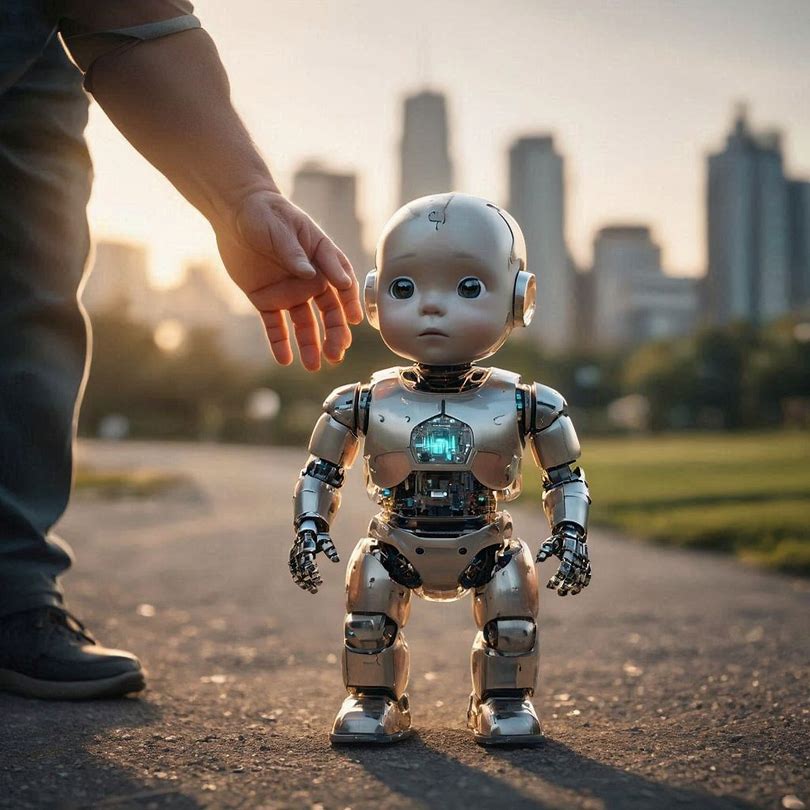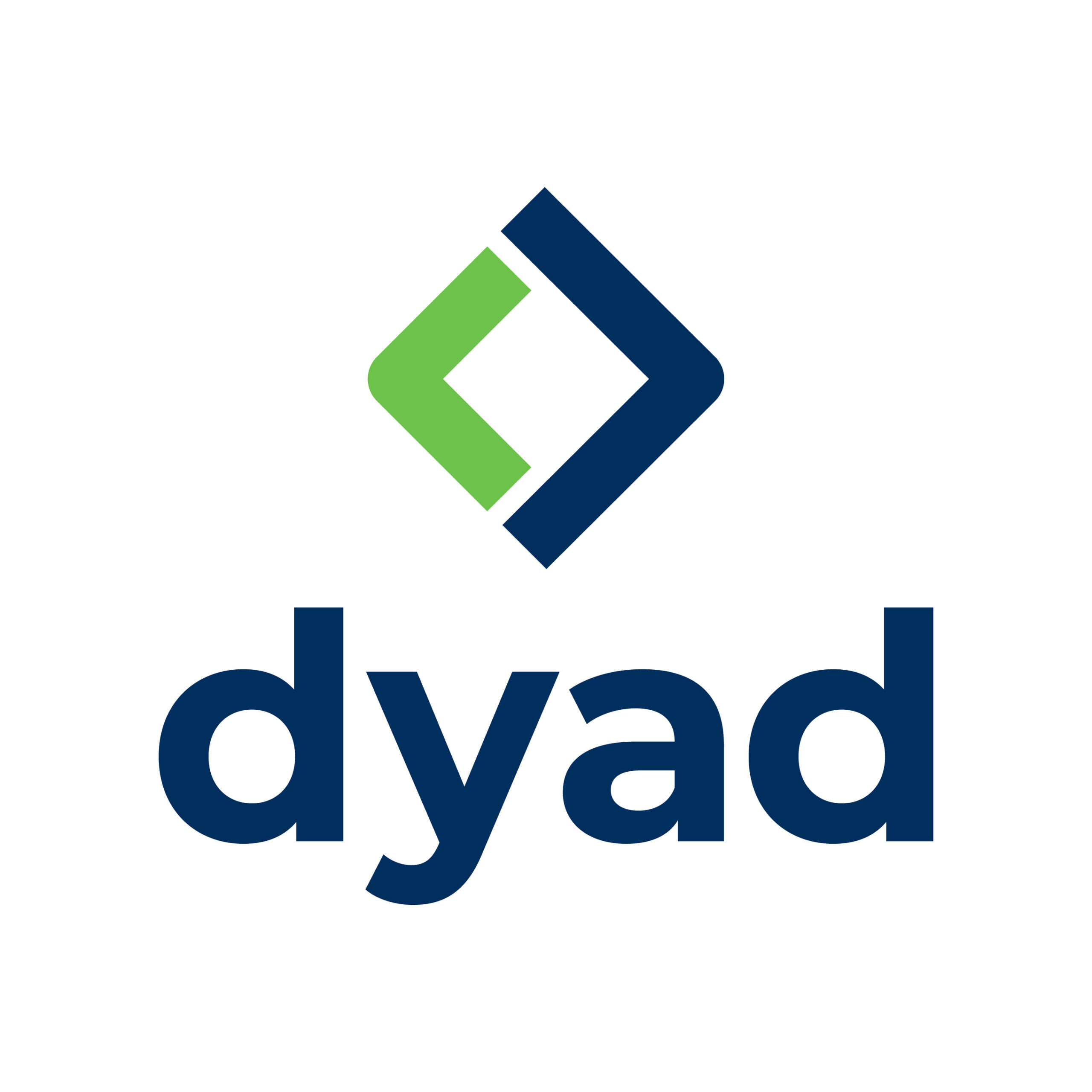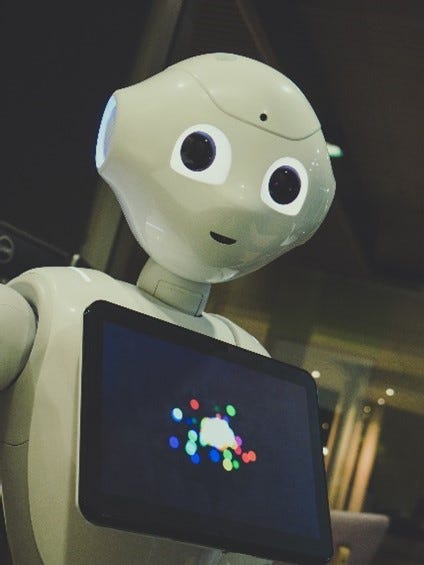If you don’t use AI in a smart way, you will not have good results
A few weeks ago, I wrote a positive article on using AI to generate names for your startup: How to Use AI to Generate Names for Your Startup.
Now here is a contrarian point of view, or more accurately, a view that discusses some of the critical shortcomings of AI that you need to recognize, understand, and adjust for. If you don’t account for these shortcomings, you will have a harder time using AI to generate names.
I started by asking ChatGPT a very simple question — “What is AI really bad at?” Here is the response:
While artificial intelligence (AI) has made significant advancements in various fields, there are still certain tasks and areas where it tends to struggle. Here are some areas where AI can be considered relatively weak or faces challenges:
1. Common sense reasoning: AI systems often lack the ability to understand and apply common sense knowledge, which humans acquire effortlessly. They may misinterpret or misrepresent certain scenarios that seem obvious to humans.
2. Contextual understanding: AI can struggle with comprehending context, especially when it comes to language and ambiguous situations. Understanding humor, sarcasm, or cultural nuances can be challenging for AI models.
3. Ethical decision-making: AI systems lack a moral compass and struggle to make ethical judgments. They rely on the data and instructions they are given without inherent ethical reasoning. This limitation raises concerns when AI is tasked with making critical decisions or operating in sensitive areas.
4. Handling complex and novel situations: AI models are typically trained on historical data, and they may struggle to handle situations or problems they haven’t encountered during training. When faced with unfamiliar scenarios or novel tasks, AI may produce unreliable or erroneous results. Emotional intelligence: Understanding and expressing emotions is an area where AI falls short. While AI can recognize patterns in facial expressions or analyze sentiment in text, it lacks true emotional understanding and empathy.
5. Creativity and originality: AI excels in pattern recognition and generating outputs based on existing data, but it struggles to exhibit creativity or produce truly original ideas. AI can mimic or remix existing content but may lack the depth of human imagination and innovation.
6. Physical dexterity: AI typically operates in digital spaces and lacks physical presence or dexterity. Complex motor skills, fine-grained manipulation, or tasks requiring physical agility are still challenging for AI systems.
It’s important to note that AI is a rapidly evolving field, and researchers are constantly working on addressing these limitations. However, as of now, these are areas where AI is generally considered to be weak compared to human capabilities.
I applaud ChatGPT for being so honest!
This response revealed several ways the shortcomings of AI would impact the development of names.
One reason many people use AI for name generation is that it is very easy to generate many ideas. So many ideas. The visual image of trying to get a drink from a full-on firehose comes to mind.
And yet, so many of those AI-generated ideas are either stupid, generic or already trademarked. AI does not have an effective filter for quality, strategic fit of names, or trademark availability. A human would not suggest a name like “LeafyLung” for a natural cough syrup, but AI did in a recent project.
So don’t think it is “so easy a caveman can do it®.” Even though AI can generate a massive list of names, you still have a lot of work to do to identify those names that make sense and make sure they are available from a trademark standpoint. The sheer number of names leads to an incredible amount of work.
Your brand exists in a certain context at a moment in time. AI cannot interpret your brand’s emotional, social, and cultural contexts. Humans are good at this but AI, not so much. You must help AI understand that context through superior prompting.
Asking AI to “generate names for my French Restaurant” is not helpful. You will get generic names that are not focused on the specifics of your project.
Instead, try providing the proper context for AI to use in name generation, which should yield more relevant results. Here is an example:
“Act as a professional naming expert with great skill in developing names. Come up with ten names for a French Restaurant in downtown Philadelphia that excels at farm-to-table cooking in a simple “country cooking” style. While other French restaurants are either informal bistros or high-end haute cuisine, our restaurant is the in-between alternative with simple, everyday French cuisine. Because our location is Center City, we expect our clientele to be office workers and people who are interested in a meal before a show or a sporting event. Please give the meaning behind each name and your rationale for recommending each name.”
Without straying into the quicksand of “ethical branding” or “woke marketing,” let me just say that you need to apply an appropriate filter to your results. AI will often generate ideas that your target market might consider offensive. Buyer beware.
If your naming challenge requires “out-of-the-box” blue sky thinking, then you will have to work hard to get AI to work for you. Don’t get me wrong, AI can identify creative angles, but in the end, AI is a regurgitation engine that is very good at remembering a lot of things and putting those things together in a way that makes sense.
Sometimes AI applies creativity in strange ways. For example, a recent New York Times article indicated that AI often makes stuff up: “The new AI systems are “built to be persuasive, not truthful,” an internal Microsoft document said. “This means that outputs can look very realistic but include statements that aren’t true.”
Creative thinking in generating names requires a solid strategic base, an innate curiosity about the world in which your brand exists, and a willingness to explore different ways to express your brand identity. AI needs a lot of help to accomplish this. For example, did you ever notice that human hands are often distorted in an AI-generated picture? That is because AI has insufficient “experience” in seeing human hands and cannot properly render them (most photos do not include hands). Your Target Market has significant human experience with your brand (or that of a competitor). You need to tap into that humanity to get the best name.
Does not apply.
NOTE: I’m not calling anyone stupid. But I am pointing out that stupid use of AI will generate terrible results. The old adage “Garbage In, Garbage Out” applies in spades to AI.
AI can do a wonderful job at generating names if, and only if, you are smart enough to ask the right questions at the right time to send AI off in the right direction, then tweak the process as you begin getting results so AI generates better names, then use strategic discretion to judge the results of the brainstorming.
It helps to have a solid strategic foundation for your naming exercise before you start generating names so you can point AI in the right direction and keep it on track. Furthermore, it makes judging the massive number of ideas AI will generate much easier.
If you are unclear about developing a solid strategic foundation for name generation, my DIY Naming book covers this process in detail.



































